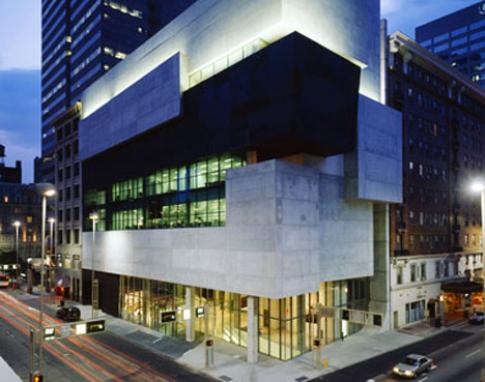Latest News
Chinese architect bags Pritzker Prize

For the first time, Pritzker Architecture Prize, considered as the Nobel prize in architecture, has been awarded to Wang Shu (48) a Chinese, for “producing an architecture that is timeless, deeply rooted in its context and yet universal.”
A. Srivathsan
For the first time, Pritzker Architecture Prize, considered as the Nobel prize in architecture, has been awarded to Wang Shu (48) a Chinese, for “producing an architecture that is timeless, deeply rooted in its context and yet universal.”
The jury observed that the award “represents a significant step in acknowledging the role that China will play in the development of architectural ideals.”
Equally important is the fact that, after a long time, the prize has moved away from “architecture of the spectacular” to architecture that “is a matter of everyday life.”
The prize includes a $100,000 grant, a citation certificate, and a bronze medallion.
In 1997, Mr. Wang and his wife Lu Wenyu started Amateur Architecture Studio in Hangzhou.
Library of Wenzheng College at Suzhou University, Xiangshan Campus of the China Academy of Art, vertical courtyard apartments that comprise six 26-storey towers in Hangzhou, Ceramic House in Jinhua and Ningbo History Museum are some of the important buildings designed by this couple.
Mr. Wang‘s works depart from many of the star architects who had won this prize. Architecture should adapt constantly to the environment and conditions of construction and it has to be spontaneous and closer to life, thinks Wang.
He often recycles materials obtained from demolished buildings and collaborates with construction workers. For instance, he reused over two million tiles from demolished traditional houses to build the roofs of Xiangshan Campus buildings. This refreshing approach to sustainable design has created exciting buildings and won him a few awards.
Mr. Wang is critical of large-scale demolition of urban areas and concretisation of rural areas in the country. To him, history must not be demolished in order to develop.
As Yung Ho Chang, another architect and one of the jurors observed, Mr. Wang's work “shows that architecture in China is more than the mass production of market-driven banality and the reproduction of the exotic.”
Mr. Wang heads the Architecture Department of the China Academy of Art in Hangzhou and is also a visiting professor at Harvard Graduate School of Design in Cambridge, Massachusetts. HNews
Rate this article




 del.icio.us
del.icio.us Digg
Digg

Post your comment